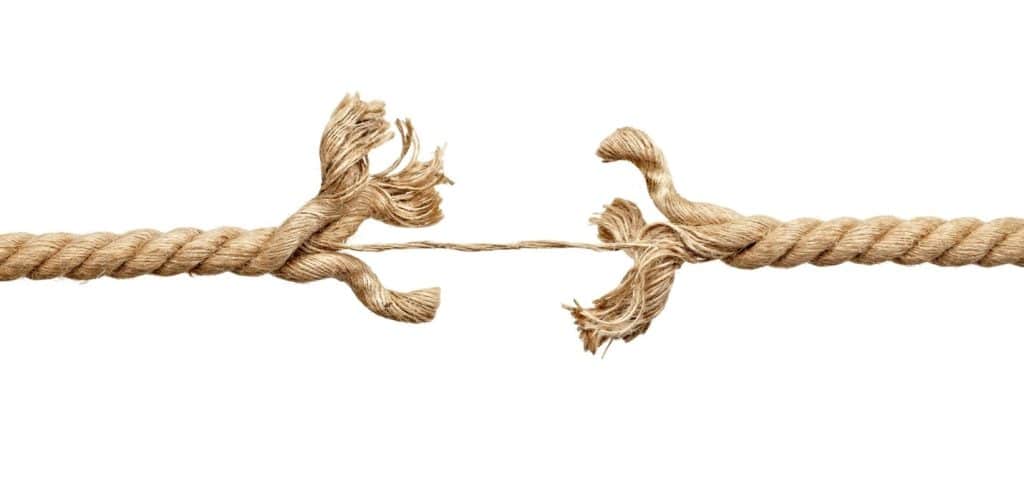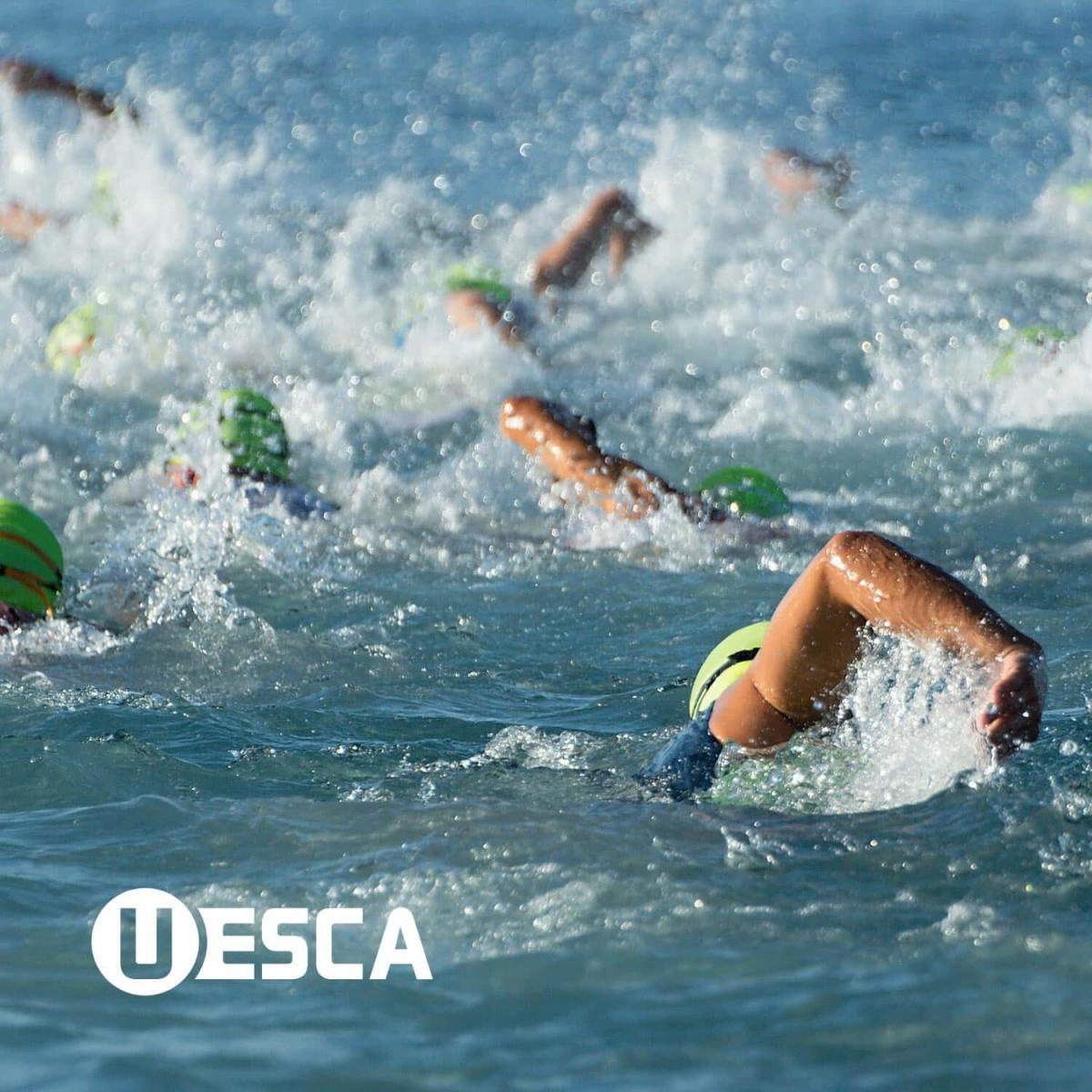If you coach athletes long enough, inevitably you’ll face non-compliance in respect to workout adherence or communication. Here are some best practices to help you navigate these situations.

One of the more common questions that we get in the private UESCA Coaches Facebook group is regarding non-compliant athletes. Specifically, how to deal with athletes that do not follow the assigned workout programs and/or stop communicating.
Why Are Athletes Non-Compliant?
Before I get into the specifics of dealing with non-compliant athletes, perhaps it is best to start with reasons why athletes are non-compliant in the first place. While there are likely many reasons why athletes are non-compliant, based on my personal experience and feedback from athletes, below are the three main reasons that I have come across.
Why Don’t Athletes Break Up with Coaches?

They sometimes do. However, more often than not, this ‘task’ ends up in the coaches’ hands. The first thing that you need to remember is that a coaching relationship is just that… a relationship. And with any sort of relationship, breaking up is hard. This is especially true with coaching relationships because the line between coach and friend often becomes blurred. And the more blurred it becomes, the harder it is to break up. Therefore, unless either the coach or athlete initiates the ‘break up,’ a dysfunctional (i.e., non-compliant) coach/athlete could go on indefinitely.
To be clear, in a coaching relationship, you can be ‘friendly’ and have a very good relationship with your athletes, but at the end of the day, your first and primary role is that of a coach, not a friend. The closer you are to the ‘friend’ side than the ‘coach’ side, the harder it will be to end a coaching relationship. You need to keep this in mind when working with athletes.
Regarding non-compliant athletes, the first thing coaches wonder about is why an athlete would keep paying them if they are not following their designed program? Fair question. This is largely due to the ‘relationship’ element of the coaching – meaning, an athlete does not want to hurt the feelings of the coach by severing the coach/athlete relationship… even though they are not following the program.
Role of Technology

Before the existence of coaching platforms and apps, there was no way to track an athlete’s adherence to a training program other than the feedback that the athlete provided, which may or may not be accurate/true. However, in the age of technology, there are many ways for a coach to be able to track their athlete(s) workouts to determine the level of compliance. This tracking is beneficial for both the coach and the athlete.
Get It In Writing

As Ben Franklin famously said, “An ounce of prevention is worth a pound of cure.” In the case of coaches dealing with non-compliant athletes, the ‘ounce of prevention’ relates to denoting in the initial coach/athlete contract about non-compliance. This way, if and when a situation arises that an athlete is habitually non-compliant, the coach can refer to the verbiage agreed upon and signed at the outset of the coaching relationship.
If you don’t have a section in your coach/athlete contract that discusses non-compliance, you can add a clause to the contract and request that your athlete review and sign it.
Verbiage
The exact specifics of the verbiage in a coach/athlete contract need to be constructed by the coach and ideally with input from an attorney, below are some examples of areas to consider addressing as it relates to non-compliance:
- The coach and/or athlete can terminate the contract with 30-days notice
- It is expected that an athlete follows the prescribed training program. If an athlete does not follow two or more prescribed workouts per week for multiple weeks without notifying the coach, this represents non-compliance on the part of the athlete and may result in termination of the coaching contract.
- Continued failure to provide requested feedback on the training program represents non-compliance on the part of the athlete and may result in termination of the coaching contract.
Benefit of the Doubt

With respect to an athlete that has stopped communicating with a coach, the first thought on the part of the coach is often that they are being ‘ghosted.’ While this may be the case, it also might not be the case. As we all know, life can be messy, and things sometimes arise that take the majority share of our attention.
As professional coaches, we often have a distorted view of the coaching process. This makes sense as it is our profession. However, it is not the profession of our athletes, it’s their hobby. As such, things that come up with athletes can affect the communication with their coaches as the coaching relationship is not the first thing on their mind – especially when dealing with serious personal or professional matters.
The point of this section is to stress that as a coach, if an athlete stops communicating, initially give them the benefit of the doubt.
The Hard Conversation
As noted previously, when an athlete works with a coach, they are in a professional relationship. And as with any relationship, having hard discussions are not easy and even harder when ending a relationship.
The most important thing in having this conversation with an athlete is to frame it with the athlete’s best interest in mind. This is because this should always be the goal. Assuming that an athlete has read and signed the contract which stipulates the result of non-compliance, the coach should start by noting the various occasions of non-compliance. While an athlete may defend themselves as to why they didn’t follow the program, at the end of the day, the program wasn’t followed over a period of time. Therefore, the coach should state that in the best interest of the athlete getting the results that they desire, it would be advantageous to work with another coach whom they feel more aligned with.
Summary
Here’s the hard truth, if you coach athletes for long enough, you will have non-compliant athletes. In this respect, it’s neither good or bad, but just a fact. As evidenced by questions from coaches in our UESCA Coaches Facebook group, there is often a lack of understanding regarding how to deal with non-compliant athletes. My hope is that this post serves to educate coaches on the fundamentals of how to set up their businesses to deal with non-compliant athletes.








